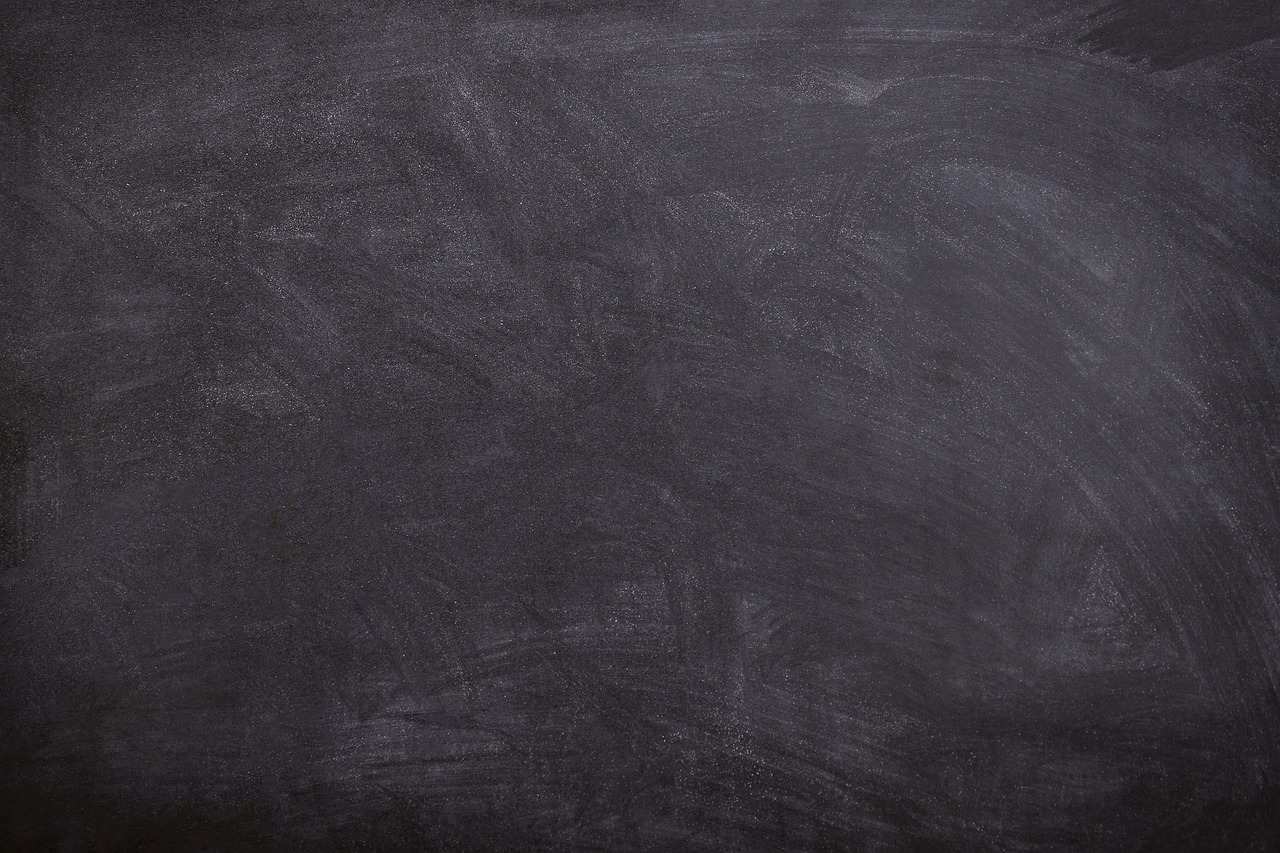Having debt drains you financially and emotionally. In 2017, when I had $40k debt, I was also homeless and unemployed without any savings. Lawyers bombarded me every day, calling me to find out when I was going to make the next payment. I barely had food to eat. The last thing I was worried about was debt.
Their incessant harassment had worn me out as I spent almost every day for an hour on the phone with them to make payment arrangements. My intention was to pay off all my debt, but I needed to buy time to find work and get back on my feet. The debts I had were credit card, overdraft, vehicle finance and a personal loan, along with some smaller debts.
After finding work, I zoned in on one debt while paying the others as much as I could to keep the creditors at bay. I wanted to build momentum, and I knew the way to do that was by paying off one debt. Doing that would instil confidence in me and serve as a reference experience that it was possible for me to pay off another debt.
The first debt I paid wasn’t the lowest balance out of all of them. After paying it, I felt less tension in my head. My shoulders felt lighter, and I felt that I had taken several steps up the steep mountain that I had to climb. But the most important thing I experienced was progress.
When you feel that you’re making progress and moving towards your goal, you’re more likely to stay on the path. Inaction and dormancy are boring, and they can make your whole deeper if you don’t climb out. The only way is action. Tackle the first debt with every spare dollar that you’ve got to pay it off as quickly as possible.
Consistency is key.

Once you commit to paying off your debt, you need to pay it every single month. You can’t skip one month. Through consistency, you develop discipline. Once the discipline of paying off debt is entrenched in you, the only way is to the finish line. And it’s coming, but you have to keep paying the debt as much as possible every month.
After paying the second debt, I paid the third. That made me feel even better. The last debt was the personal loan, which made up most of the $40K balance. Although I had paid three loans and had only one remaining, I felt that the mountain had gotten steeper.
It took me about six years to pay the personal loan. The last payment was a lump sum of the remaining balance. The shackles that were wrapped around my neck had snapped. The phone calls from lawyers stopped. The anxiety had vanished. Fresh air entered my lungs.
I was finally debt-free. But more importantly, I felt free.
Freedom
The biggest benefit of being debt-free is that I felt I had freedom for the first time in my life since taking on debt. I’m convinced that employers love it when employees are in debt. That’s because debt serves as a big motivator for employees to attend work. It did for me.
After I paid my debt, I reassessed my job. At the time I paid off my last debt, I worked for a company that I felt strayed away from ethical behaviour. I didn’t want to partake in that practice, so I asked myself if it was really necessary for me to stay at that job. The answer seemed simple: no.
I no longer had debt as motivation to stay at that job. If I agreed with their business conduct, I may have stayed. But not having debt provided me with an opportunity to pursue other ventures. I ended up starting my own business.
If I had debt after quitting my job to pursue a business, I would have exposed myself to high risk. My business could have failed. On top of dealing with a failed business, I would’ve owed money to creditors. That’s not a great position to be in.
Savings and Investments
The money I previously used to pay creditors monthly remained in my account. That enabled my savings account to balloon significantly. You’d be surprised to discover how much more money you’ll have once you pay off creditors.

Although I earned interest on my savings, I wanted to increase my net worth even more. Investments were the way I did that. Now that I had a healthy savings account, I used a portion of it to invest in financial markets and a business. But I only invested the amount that I could afford to lose.
While in debt, I thought it was a good idea to invest in an asset that had a history of providing great returns. My belief was that I would make a profit on this asset and use it to pay off my debt. That investment didn’t work out that way. After I bought the asset, I watched its price tank over the next couple of months. I learnt that investing while in debt was a bad idea.
Being debt-free enabled me to invest, but it also eased pressure off me about the investment’s performance. I didn’t rely on the investment’s profits to pay off debt or bills. It was a bonus. If the price surged, great, but if it remained stagnant, no worries. That’s a completely different position to be in than when you’re relying on an investment to survive.
Kindness
Money makes you more of what you already are. If you’re kind, not having debt payments enables you to be kinder. While in debt, I was hesitant to give anyone a dime. I had to worry about myself because the mountain of debt felt like it would take forever to pay.
After I paid my debt, I was no longer focused only on myself. My sympathy towards others augmented. And since I had more money, I didn’t mind parting with some of it to help others. It’s a great feeling to help someone who’s in need. Even a small amount of money or a present can brighten up someone’s day. It felt amazing to know that I was the cause of that happiness.
If you want to be free, grow your investment portfolio and be more generous, make a plan to get out of debt and stick to it. Being debt-free is one of the best feelings that you’ll ever experience.
CHECK OUT MY NEW BOOK — From Homeless to Debtless with Savings





Leave a Reply